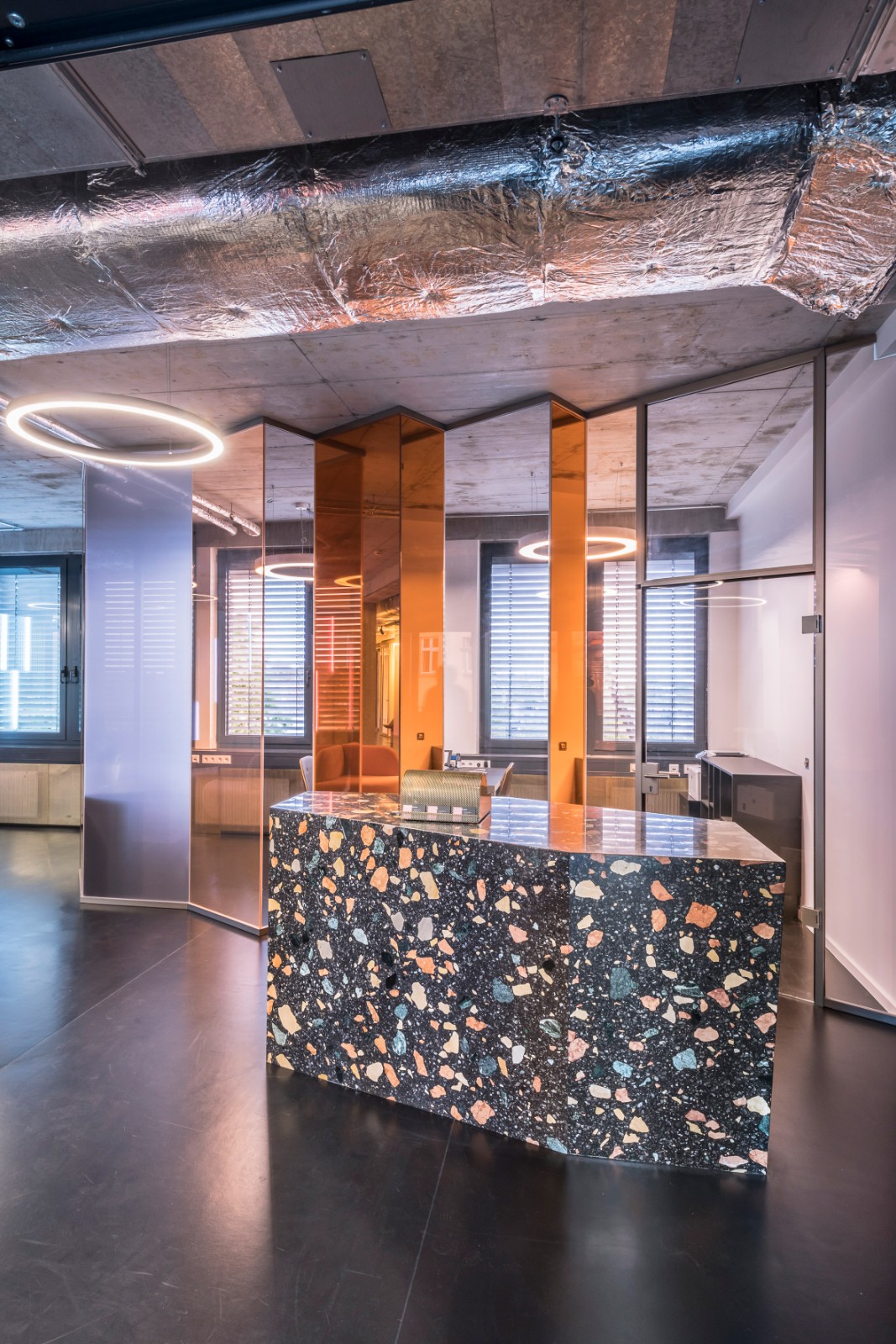Origami Houses Tables That Become Shelters When Disaster Strikes
2014-04-18 01:00
但这是应对这些自然灾害的最佳方式吗?总部设在西班牙和日本的建筑全球援助组织认为并非如此。他们正在开发一系列轻量级的、可折叠的避难所,它们实际上被分发到易发生地震的地区,以便为未来的地震做准备,而不是为了应对一次地震。不寻常的是,这些“折纸屋”有不同的设计,以适应不同国家的情况。
But is this the best way to deal with these natural disasters? Architecture Global Aid, a group based in Spain and Japan, thinks not. They're developing a series of lightweight, fold-able shelters which are actually distributed to earthquake-prone areas in preparation for future earthquakes, rather than in response to one. And unusually, these "Origami Houses" have different designs to suit conditions in different countries.
Read on to find out more about these Origami Houses
The Floating Origami Houses. Image Courtesy of Architecture Global Aid
在日本,造成地震的断层线的位置意味着地震通常伴随着海啸。正如2011年的地震和海啸所证明的那样,通常是波浪造成的破坏比地震更大,为建筑全球援助组织的设计提供了灵感。
In Japan, the location of the fault line which causes earthquakes means that a quake is usually accompanied by a tsunami. As evidenced by the 2011 quake and tsunami, it is often the wave that does more damage than the quake, providing the inspiration for Architecture Global Aid's design.
The Floating Origami Houses. Image Courtesy of Architecture Global Aid
由一个折叠的木屋组成,包装成一个扁平的木箱,日本避难所的主要特点是它们漂浮。海啸本身就会把避难所分布在受灾地区周围,一旦海水消退,颜色鲜艳的盒子就很容易在其他残骸中被发现。
Consisting of a folded wooden shelter, packaged into a flat wooden box, the key feature of the Japanese shelters is that they float. The tsunami itself would distribute the shelters around the affected area, and once the waters had subsided, the brightly-colored boxes would be easy to spot among the other debris.
虽然它们作为避难所的功能在灾难中至关重要,但这些盒子还有另外一种,更多的日常用途。它们不是简单地坐在储藏室里,而是设计成可容纳最多10名学童的桌子,使他们有一个更持续的目的,但也确保当时机成熟时,他们有望分散在社区中心的学校附近。
While their function as shelter is critical in a disaster, these boxes have another, more everyday use. Rather than simply sitting in storage, they are designed to be tables capable of seating up to 10 schoolchildren, giving them a more continuous purpose but also ensuring that when the time comes, they are hopefully scattered near the school at the heart of the community.
Children seated around the table formed by a Floating Origami House. Image Courtesy of Architecture Global Aid
孩子们围着桌子坐着,形成了一座漂浮的折纸屋。建筑全球援助的形象礼貌
目前,在东京的Omori高中和宫城县的社区中心之间有7个原型庇护所。然而,建筑全球援助组织的AndreaGonzalez认为有机会进行更大的干预,他说:“理想情况下,我们应该建造100,000多个避难所。”
Currently there are 7 of these prototype shelters, shared between Omori high school in Tokyo and the Community Center in Miyagi. However, Andrea Gonzalez of Architecture Global Aid sees an opportunity for greater intervention, saying "ideally, we would have built more than 100,000 refuges".
Origami Paper Houses, Spain
Origami Paper Houses. Image Courtesy of Architecture Global Aid
在2011年遭受破坏性地震的西班牙洛尔卡镇,没有发生海啸的风险,因此,避难所的设计条件完全不同。
In the Spanish town of Lorca, which suffered its own destructive earthquake in 2011, there is no risk of tsunami, so the conditions for the design of the shelters are entirely different.
Origami Paper Houses. Image Courtesy of Architecture Global Aid
利用这一优势,建筑全球援助公司开发了一种比为日本设计的更便宜、更轻巧的设计,使用20毫米厚的纸板代替木材。这些折叠的包裹仍然足够坚固,足够一个可靠的避难所,现在可以很容易地由一个人携带。作为一个额外的好处,这些庇护所允许一些光线通过边缘的结构,以明亮的内部避风塘。
Taking advantage of this, Architecture Global Aid developed a design which was cheaper and more lightweight than those designed for Japan, using 20mm-thick paperboard in place of wood. Still sturdy enough for a reliable shelter, these folded packages can now easily be carried by one person. As an added bonus, these shelters allow some light through the edges of the structure to brighten the interior of the shelter.
Construction of the Origami Paper Houses. Image Courtesy of Architecture Global Aid
这5种原型纸结构将于4月20日在雅肯学院展出,之后将捐赠给洛尔卡。
The 5 prototype paper structures are will go on display at the Colegio Oficial de Arquitectos de Jaén on April 20th, after which they will be donated to Lorca.
 举报
举报
别默默的看了,快登录帮我评论一下吧!:)
注册
登录
更多评论
相关文章
-

描边风设计中,最容易犯的8种问题分析
2018年走过了四分之一,LOGO设计趋势也清晰了LOGO设计
-

描边风设计中,最容易犯的8种问题分析
2018年走过了四分之一,LOGO设计趋势也清晰了LOGO设计
-

描边风设计中,最容易犯的8种问题分析
2018年走过了四分之一,LOGO设计趋势也清晰了LOGO设计




































